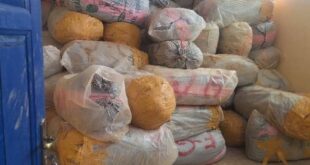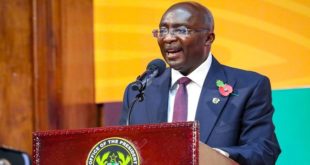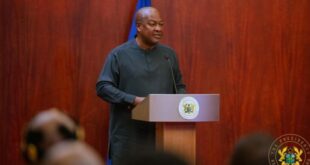The re-collation of parliamentary results for the Dome Kwabenya constituency has been overshadowed by confusion and disagreements among political parties, notably the National Democratic Congress (NDC) and the New Patriotic Party (NPP).
On December 21, the Electoral Commission (EC) suspended the re-collation of results for Dome Kwabenya and Ablekuma North due to the absence of critical pink sheets from some polling stations. The EC had requested these documents from the parties to facilitate the verification process.
Dr. Benjamin Bannor-Bio, Director of Electoral Services, explained that the process could not proceed without the required documents. In Ablekuma North, re-collation has been completed for most polling stations, but issues remain unresolved for 37 stations due to the absence of pink sheets.
In Dome Kwabenya, the re-collation was initiated to verify results after some party representatives were absent during the initial declaration on December 8. However, discrepancies arose when hard copies of pink sheets for three polling stations were unavailable. The EC relied on soft copies submitted by presiding officers and later requested hard copies for confirmation, but the parties failed to provide them.
During an Inter-Party Advisory Committee (IPAC) meeting on December 28, the EC resolved to proceed with the re-collation despite the challenges.
Fred Tetteh, Deputy Director of Research at the EC, elaborated:
“From the IPAC meeting, many issues arose. While some parties submitted copies of their pink sheets, others could not. Some parties also demanded the presence of candidates with relevant materials. However, we could not wait indefinitely, so the process resumed with the available documents.”
The NDC presented two pink sheets out of the three required for certain polling stations, while the NPP flagged discrepancies in about 11 polling stations. The EC decided to proceed with re-collation based on the available evidence.
The absence of key documents has led to disputes between the NDC and NPP over the number of polling stations with discrepancies and the accuracy of the results. Despite these disagreements, the EC has assured the public that it is determined to resolve the issues and provide accurate results.
“The final decision rests with the commission,” Tetteh emphasized.
 GhArticles.com Every News in Detail
GhArticles.com Every News in Detail




